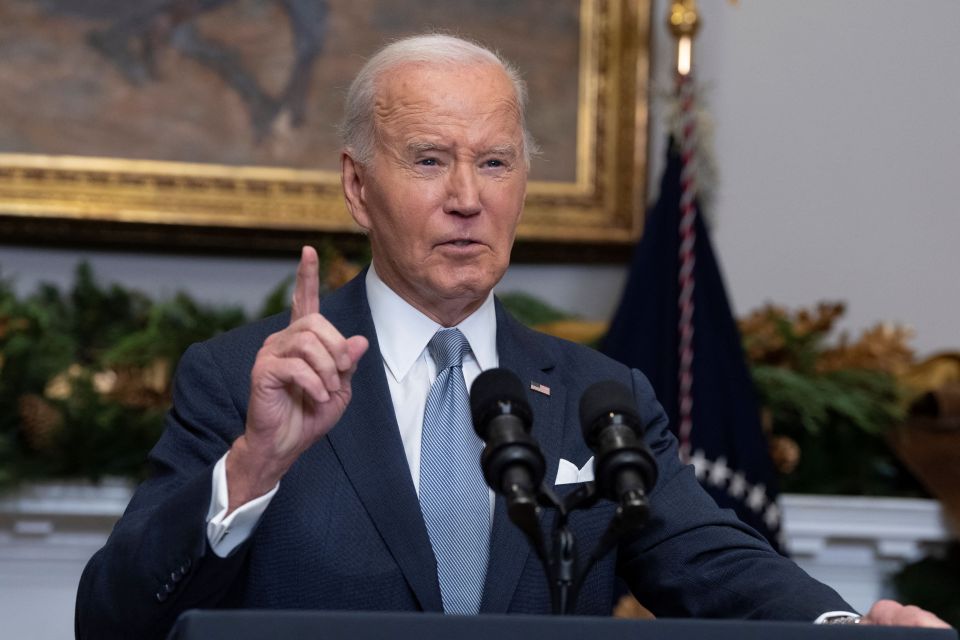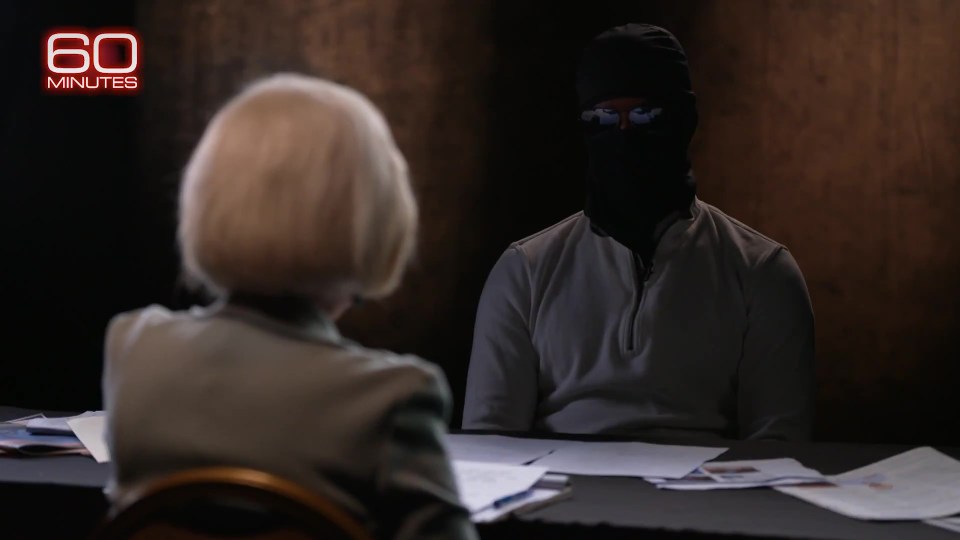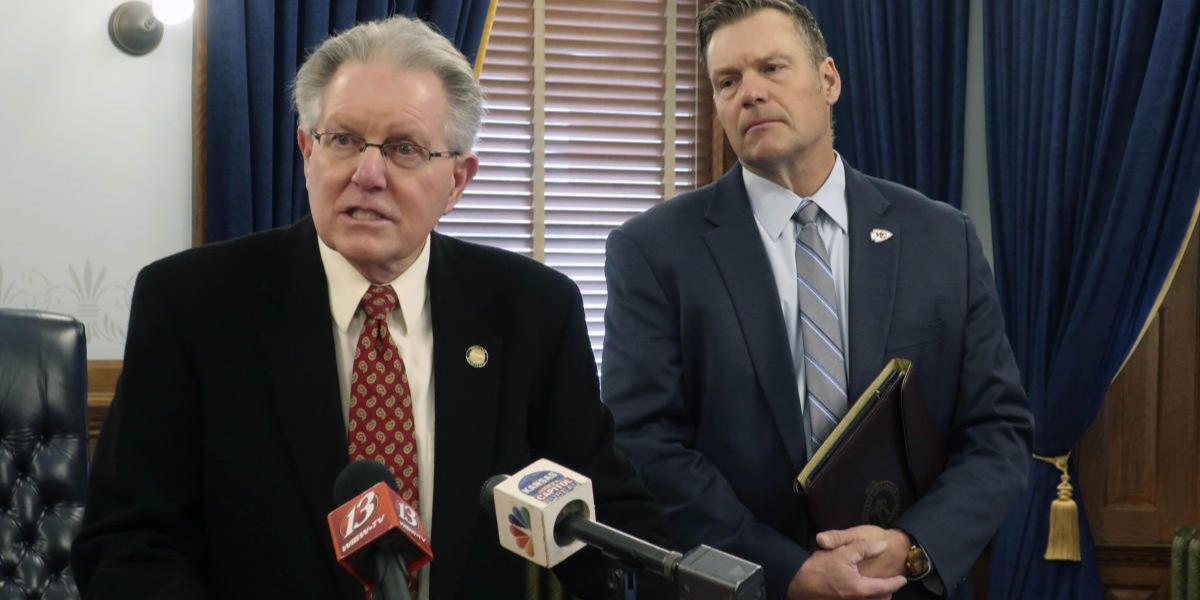Property Ownership Tensions: Kansas Governor and Lawmakers Clash Over Bill
Kansas’ proposed restrictions on foreign property ownership ended Friday after the state’s Democratic governor vetoed a plan that top Republican lawmakers believed would protect military stations from Chinese surveillance.
The Kansas House’s top Republican accused Gov. Laura Kelly of “apathy” towards major national security concerns from China and other countries designated by the US government as “adversaries of concern,” such as Cuba, Iraq, North Korea, and Venezuela. The law would have prevented foreign nationals from those nations from owning more than 10% of any non-residential property within 100 miles of any military post, which is equivalent to the majority of Kansas.
According to a Kansas State University survey from last autumn, Chinese ownership accounted for just one acre of privately owned Kansas agricultural land, while all foreign persons and companies owned 2.4% of the state’s 49 million acres of private agricultural land. The bill would have compelled the institution to create annual reports on all foreign real estate ownership, including non-agricultural business property.
Kelly stated in her veto message that, while Kansas requires enhanced defenses against foreign adversaries, the bill was “overly broad” and might disrupt “legitimate investment and business relationships.”
“I am unwilling to sign a bill that has the potential to harm the state’s future prosperity and economic development,” Kelly stated in her veto message.
Kansas exported $14.1 billion in goods in 2023, according to the United States Department of Commerce’s International Trade Administration. China was its fourth-largest commercial partner, with $848 million in exports, trailing Mexico, Canada, and Japan.
However, Kansas already regulates corporate ownership of agricultural land. The National Agricultural Law Centre reports that more than 20 additional states limit foreign land ownership.
Before being shot down in early 2023, a Chinese spy balloon flew throughout the skies of the United States for several days, including above northeast Kansas, which is home to Fort Leavenworth, the United States Army’s command training college. This heightened interest in limits on foreign land ownership in Kansas, while worries had already arisen due to the development of a national biosecurity lab near Kansas State University.
Kansas House Majority Leader Chris Croft, a Kansas City-area Republican and veteran Army officer who was one of the bill’s most ardent backers, said Kelly’s rejection left the state’s military sites and other essential infrastructure “wide open for adversarial foreign governments.” “The assets of this state are too important for us to sit on our hands and wait until it’s too late,” Croft said in response to the veto.
Some hardline Republicans, notably Kansas Attorney General Kris Kobach, advocated for even more stringent restrictions. Kobach supported a proposal to prohibit any foreign ownership of more than 3 acres of land, with a special state body authorized to create exceptions.
“Despite the governor’s apathy, we’ll continue to work to protect Kansas and its citizens from foreign bad actors who want to exploit land ownership loopholes,” House Speaker Dan Hawkins, a Republican from Wichita, stated.
A few Republicans in the state Senate opposed the limits, and the law appeared to be just shy of the two-thirds majority required to overturn a veto. The plan would have given impacted foreign people and organizations two years to sell their Kansas assets. Critics said that support for the law stemmed from xenophobia. They predicted that the main effect would be to drive immigrants, notably those fleeing harsh regimes, to liquidate their businesses and restaurants.
“To the extent that this bill affects anyone, it affects everyday people, those who are trying to live the American dream,” Democratic state Rep. Melissa Oropeza of Kansas City, Kansas, said before the bill’s one vote.











